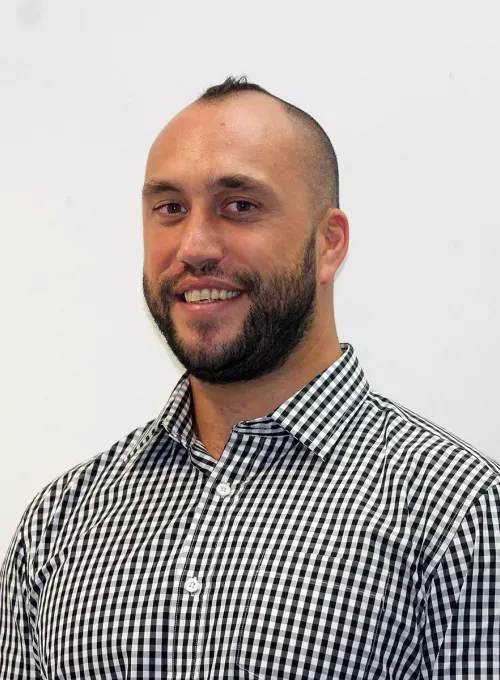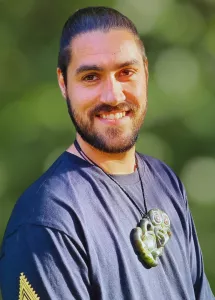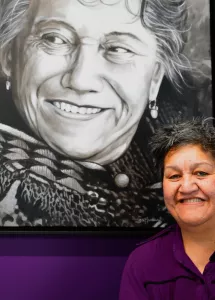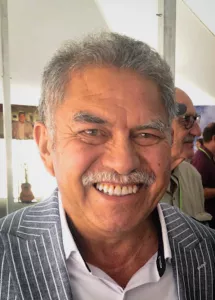
Dr Jordan Waiti is a dedicated advocate for Māori health and well-being, recognised for his ability to bridge academic theory with practical, community-level action. His leadership is rooted in a commitment to empowering whānau, hapū, and iwi, particularly those at risk, through innovative, culturally grounded approaches.
Jordan has recently taken on the role of Performance Lead - Māori Measures and Outcomes at ACC, where he monitors and evaluates how effectively ACC serves its Māori clients. This work reflects his focus on ensuring that health and social services align with the aspirations and needs of Māori communities.
Previously, Jordan was a Senior Lecturer in Māori Health at Waikato University, where he mentored and educated future leaders in the field. His academic career complements his practical work, offering a robust foundation for his community-driven initiatives.
Jordan has also served in influential advisory and governance roles, including:
- Te Taumata, advisor to the New Zealand Suicide Prevention Office, contributing to strategies for addressing suicide prevention with a Māori lens.
- Board Member, Dietitians Board of New Zealand, where he supported culturally responsive practices in nutrition and dietetics.
Jordan’s leadership shines brightest at the grassroots level, where he actively engages with tamariki and rangatahi through water-based activities such as snorkelling, diving, and surfing. By connecting with Māori cultural traditions and fostering resilience, Jordan empowers young people to "kia manu kia ora" – to stay afloat and stay alive.
His work with Te Taitimu Trust exemplifies his commitment to early intervention, focusing on instilling confidence, resilience, and cultural pride in Māori youth.
Jordan holds a PhD from Massey University, where his doctoral thesis, Whakaoranga Whānau: A Whānau Resilience Framework, provides a foundation for his work in whānau and community well-being. He is a fluent speaker of te reo Māori and a graduate of Kura Kaupapa Māori, embodying the values and vision of kaupapa Māori in all aspects of his work.
Dr. Waiti brings intelligence, cultural depth, and innovative thinking to every kaupapa he engages with. His leadership inspires those around him, from young tamariki to pākeke, challenging perspectives and offering new pathways for Māori advancement.
Jordan’s ability to balance academic expertise with meaningful community engagement positions him as a transformative leader, dedicated to shaping a future where Māori can thrive and see themselves in a new, empowering light.
Links:
Dr Jodan Waiti – Ngā Pae o te Maramatanga
Creating positive change through improved community and Māori health
Ngaru Toa | Wave Warriors – Video Surfing Water Safety for Rangatahi
Heke Ngaru | Surf Simply Interview
Rangatahi experiences of STI testing and treatment in the Waikato
Zack Makoare 2017
Updated 07 December 2024



